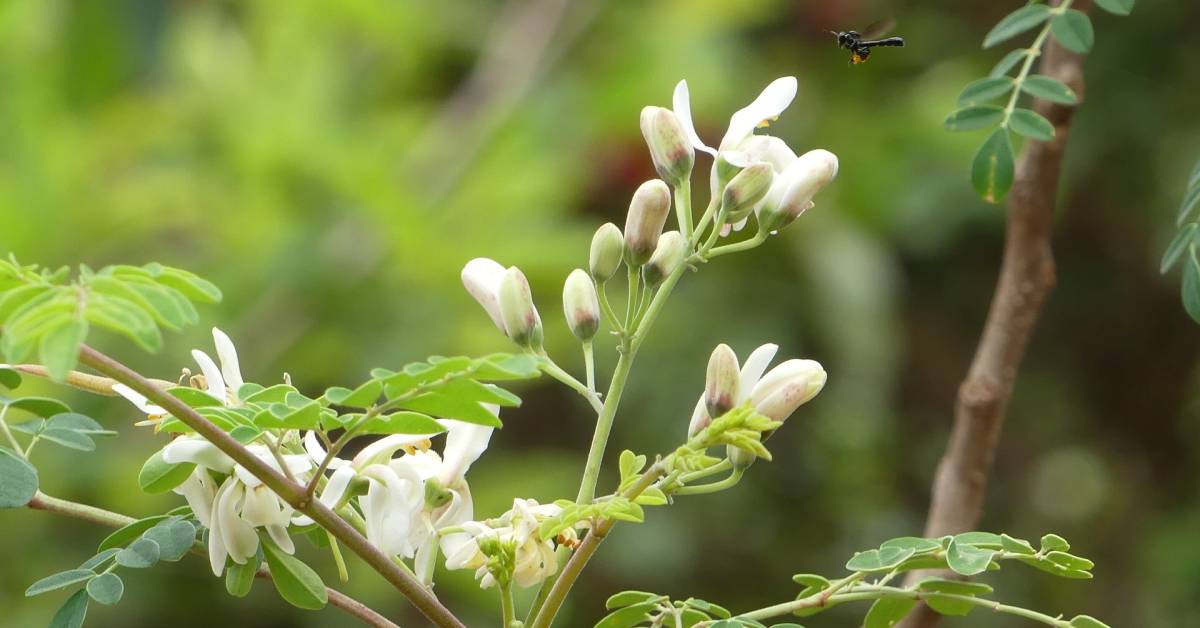In this episode of In the Kitchen with Matt, he have another vlog episode where he talks about the Moringa Tree, also known to some people as “The Tree of Life“, because of it’s many health benefits and uses.
“I love these little trees, I have three Moringa trees in my garden, all of which I grew from a seed. Because they have a long tap root, they aren’t suitable to stay in pots very long. So I will eventually have to give these ones away. The seeds are very cheap, and the Tree is fast growing!”

They are native to the foothills of the Himalayas. The young seed pods and the leaves are cultivated to use as vegetables. Many parts of the tree are used for medicinal purposes. It can also be used for water purification and hand washing. Which I find extremely interesting.
The Moringa Trees are:
- Drought resistant. And grow well in more arid climates where water may be in short supply.
- Extremely fast growing, It’s very common to get a 10 to 15 feet high tree within 1 year from seed with proper conditions. And mature trees are usually 20 to 50 feet high.
- Many edible parts on the tree.
Health Benefits of the Moringa Tree
- One half cup of cooked leaves will meet your daily recommendation for Vitamins A and C
- One half cup of pods (raw) will supply your Vitamin C requirement for a day
- One ounce of raw leaves contains the recommended daily amount of Vitamin C
- Ounce for ounce, the leaves contains six to seven times the amount of Vitamin C in orange juice
- Moringa leaves contain three to five times more beta-carotene than carrots
- Three ounces of Moringa powder contains more than 10 times the recommended daily amount of Vitamin E
- Ounce per ounce, Moringa leaves contain more than three times the iron as found in spinach or roast beef
- Moringa leaves contain three times the amount of potassium as bananas
- Ounce per ounce, Moringa leaves contain four times the amount of calcium found in milk
